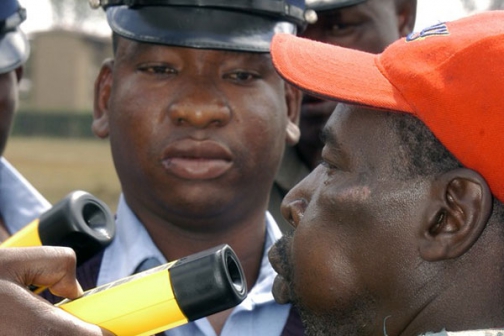×
The Standard e-Paper
Home To Bold Columnists

Motorists have been cautioned that a recent court ruling on breathalysers is not a licence to drive under the influence of alcohol.
In fact, the National Transport Safety Authority (NTSA) says more than 2,800 drivers have been charged this year alone, about half of them since April after the Court of Appeal judgment by the three-judge bench.